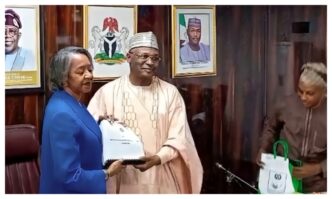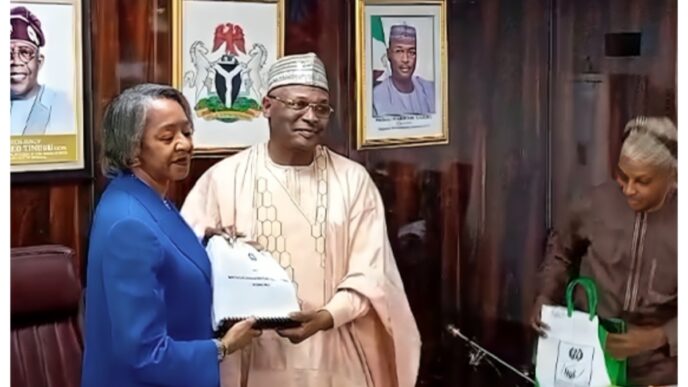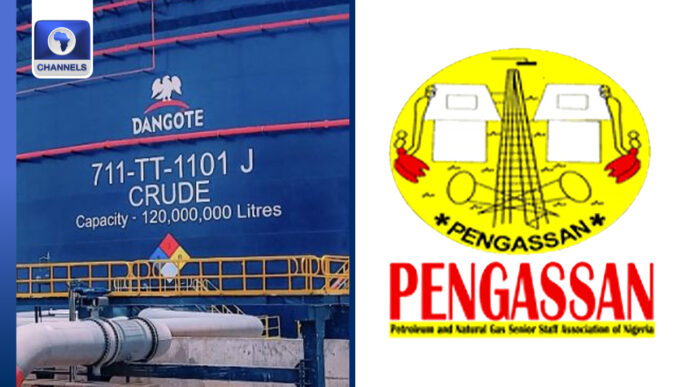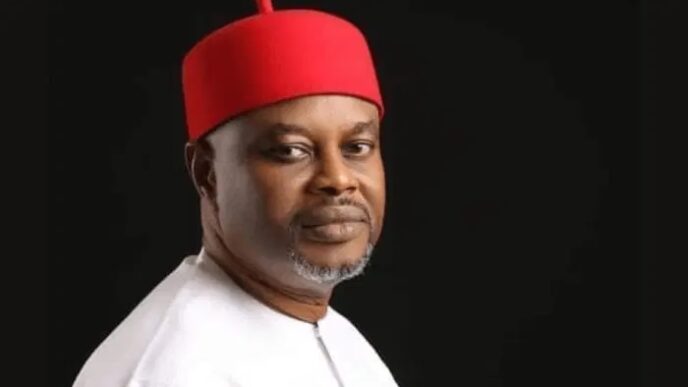The Nigerian government is negotiating a $2 billion loan with China’s Export-Import Bank to finance the construction of a new “super grid” aimed at tackling the country’s chronic electricity shortages.
Gatekeepers News reports that Minister of Power, Adebayo Adelabu, disclosed this on Monday at the Nigerian Economic Summit in Abuja, noting that the project is designed to strengthen transmission capacity across both the eastern and western regions—home to many of the nation’s key industries.
“It’s part of plans to decentralise power generation in Nigeria and get the heavy commercial users that left the power grid because of its unreliability to return,” Adelabu said.
According to Bloomberg, the Federal Executive Council has already approved the loan, and discussions with China’s Exim Bank are “advancing.”
Nigeria currently generates around 13,000 megawatts of electricity, but its aging transmission network can deliver only about one-third of that capacity. Despite repeated upgrades, the national grid experiences frequent collapses, leaving millions of homes and businesses in the dark.
For comparison, South Africa, with roughly a quarter of Nigeria’s population, has more than 70,000 megawatts of installed power capacity.
Decades of underinvestment have forced many Nigerian companies to self-generate power, with experts estimating that nearly half of the country’s electricity consumption now comes from privately produced sources.
The proposed super grid is expected to enhance power delivery to industrial zones and reduce dependence on costly private generators.
Adelabu said the initiative aligns with President Bola Tinubu’s economic reform agenda, which includes energy-sector liberalisation alongside subsidy removal, oil production recovery, and tax reforms.
He added that the decision to allow power distribution companies to raise tariffs for customers with stable supply has yielded results.
“Tariff adjustments have increased revenue for power firms by 70 per cent in 2024, and earnings are projected to rise another 41 per cent this year to ₦2.4 trillion (about $1.6 billion),” the minister stated.













